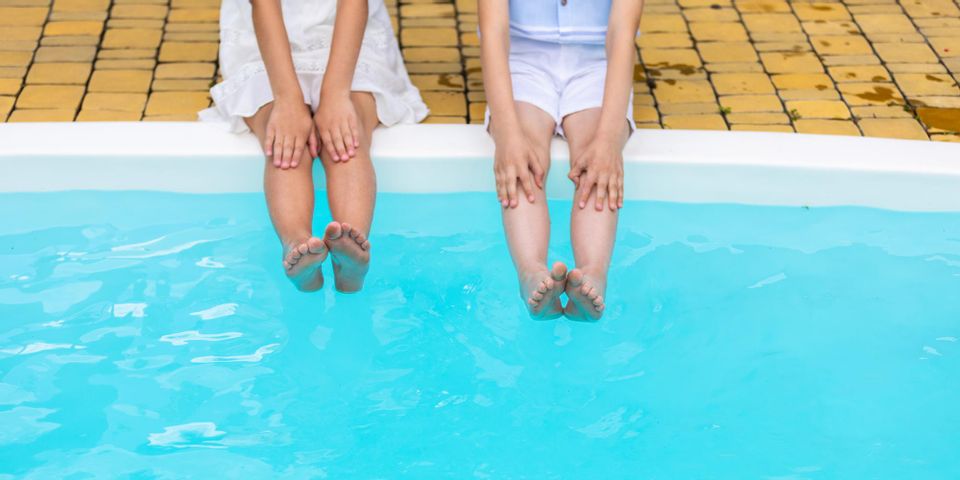Should You Repair or Replace Your Pool Pump?

Pool pumps are vital to maintaining healthy water. During the circulation process, water moves through a skimmer before it pumps into a basket, that eliminates dirt and debris. Then the water goes to a filter, which removes the remaining contaminants before fresh water returns to the main pool. Sometimes, however, the pump fails to do its job properly. How can you tell if it needs repairs or a replacement? Here’s what you should know.
What to Consider When Repairing or Replacing a Pool Pump
1. Age
 The average pool pump can last up to 12 years with regular maintenance. The more wear and tear that it undergoes over the years, however, the quicker it will experience inefficiency issues that lead to contaminated water. Once it goes past its expected lifespan, or if you need to repair it frequently, then it’s most practical to replace it.
The average pool pump can last up to 12 years with regular maintenance. The more wear and tear that it undergoes over the years, however, the quicker it will experience inefficiency issues that lead to contaminated water. Once it goes past its expected lifespan, or if you need to repair it frequently, then it’s most practical to replace it.
2. Noise
Pumps shouldn’t emit loud noises, such as grinding or screeching sounds. Loud sounds indicate worn bearings, that accumulated rust over the years. Since bearings are inexpensive, you can have your pump repair technician replace them.
3. Parts
If the manufacturer discontinued your pool pump, then your provider may not be able to access important replacement components. That could be problematic if the pump requires a particular part. It may be more cost-effective to replace the unit instead of searching for a sufficient alternative.
4. Housing
The piece that covers the pump is called a housing, or a casing. If the casing starts to erode, then it’s likely the elements underneath are in danger of failure, too. Although you could replace the housing entirely, it’s costly. Contractors generally suggest replacing the pump instead.
5. Material
Many older pool pumps were manufactured using bronze and cast iron. These materials are replaced by dependable, modern PVC material and other composites. If you still have a metal pump, it may eventually rust inside. Rust can lead to damage to the housing, and the oxidation can also wear away at the pump and create leaks. In that instance, it’s best to replace it.
6. Flow
Sometimes the flow rate drops when something blocks the pump or its filter. You can spot check and fix the flow rate by checking the filter gauge. Cleaning it could be sufficient to improve flow. Otherwise, have a pump repair technician inspect and clean the impeller.
Pool owners throughout Northern Kentucky, Greater Cincinnati and the Tri-State area, trust the professionals at A-1 Electric Motor Service. The electric motor repair experts can resolve your pool pump concerns, whether you require repairs or a replacement. Visit them online, or call them at (859) 291-1351.
About the Business
Have a question? Ask the experts!
Send your question

